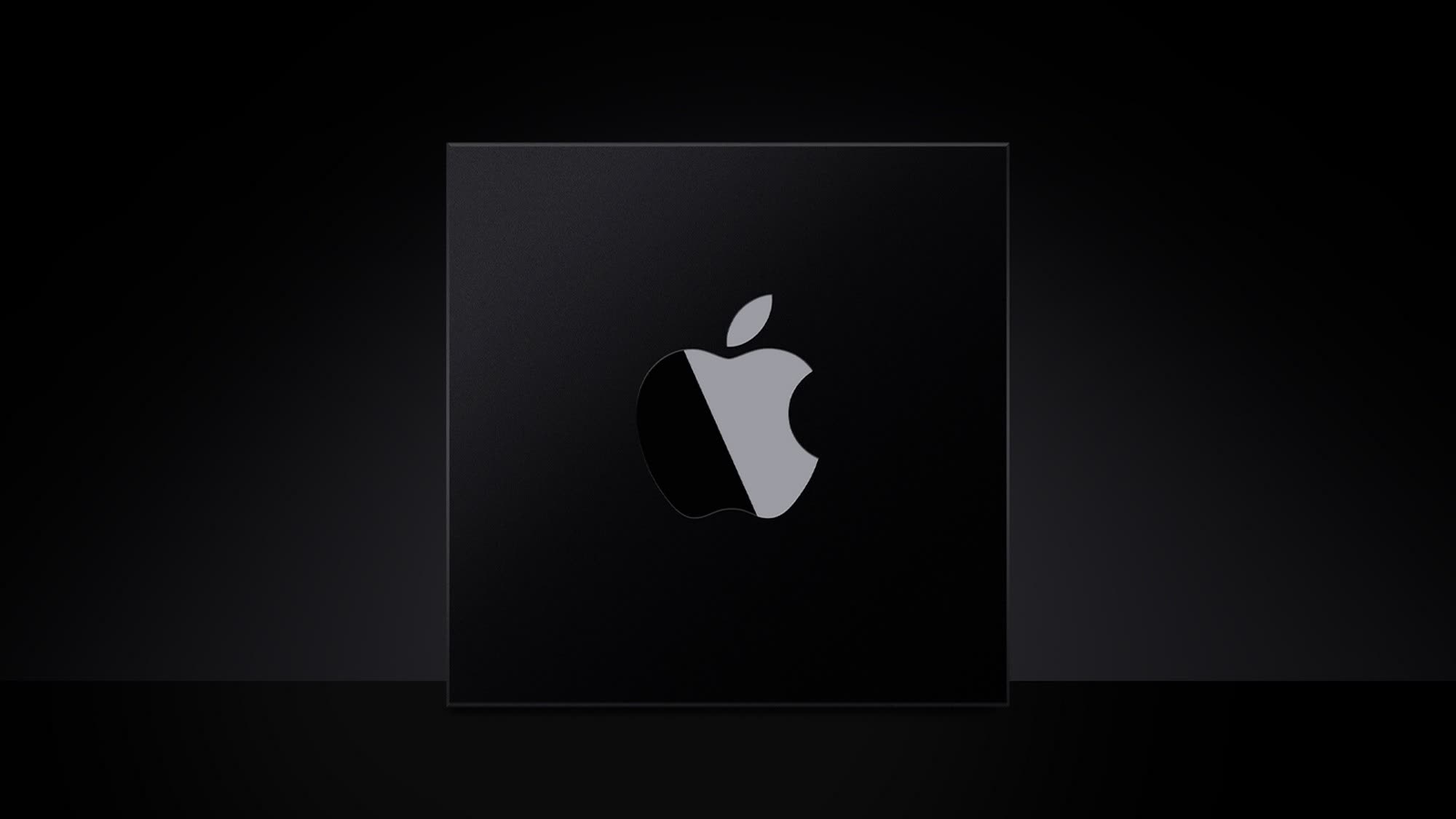In context: Apple has been using in-house processors in its products for years, starting with the A4 SoC in the iPhone 4 and the original iPad in 2010. Ten years later, the company introduced the Arm-based M1 processor that replaced Intel's x86 chips in a range of Macs and iPads. After more than a decade of designing chips for its phones, computers, and tablets, Apple has finally given outsiders a glimpse into the labs behind its custom processors.

In an uncharacteristically free, all-access interview to CNBC's Katie Tarasov, Apple executives showed off the company's Silicon Valley chip lab, where engineers in lab coats test each component meticulously before approving its use in the company's products. Tarasov also spoke to the head of Apple silicon, Johny Srouji, who claimed the company's chip division comprises "thousands of engineers" spread across several facilities globally.
During the interview, Srouji insisted that the in-house design and development of Apple silicon allow better optimization and scalability, thereby offering improved performance. He also suggested that the GPU in the newer SoCs helps them better compete against Intel, AMD, and Nvidia. According to him, one of the most notable GPU-related developments at Apple in recent years is the addition of features such as hardware-accelerated ray tracing and mesh shading acceleration, both of which improve visual effects in games.
Apple executives are profoundly proud of the company's chip development division, and often credit it as one of the main reasons for the success of its hardware products over the past decade. Speaking to Tarasov, Apple's SVP of Hardware Engineering, John Ternus, reaffirmed the company's love affair with Apple silicon, describing its design, development, and deployment as "one of the most, if not the most, profound changes at Apple" over the last 20 years.
Ternus also expressed immense satisfaction at the progress of Apple's semiconductor initiative over the years, and credited Apple silicon for the MacBook Air's lightweight, fanless design and its impressive 18-hour battery life. He also claimed that the M-series chips are good enough to run AAA titles, although in the real world, most gamers still prefer consoles or Windows PCs to play games.
With Apple using its own in-house processors in almost all its products, the discussion changed to baseband modems and why Apple is taking so long to introduce its own cellular chip. Srouji refused to directly address the delay, but confirmed that the company is working on a cellular modem. According to him, "we care about cellular, and we have teams enabling that." For now, however, the company will keep using Qualcomm modems in its products through 2026.
https://www.techspot.com/news/101065-apple-shows-off-state-art-lab-designs-develops.html